Introduction
For many dog owners, life with a canine companion is a blend of energetic walks, playful fetch sessions, and bounding enthusiasm. However, not all dogs fit this mold. Some breeds, personalities, and even individual dogs thrive on a more relaxed approach to life. These “lazy dogs” often prefer lounging in the sun or curling up on the couch to racing through the park. While their laid-back demeanour is endearing, it comes with unique nutritional and health considerations.
This article explores Lazy Dog Nutrition, offering insights and strategies to keep your low-energy furry friend healthy and happy without overloading them with unnecessary calories or underestimating their nutritional needs.
The Lazy Dog Profile
Lazy dogs are not necessarily unmotivated or unhealthy. Often, their low energy stems from specific characteristics:
1. Breed Traits: Certain breeds, like Bulldogs, Basset Hounds, and Pugs, are naturally more relaxed.
2. Age: Older dogs slow down with age, spending more time resting than running.
3. Health Conditions: Dogs with joint issues, obesity, or other medical concerns may display reduced activity.
4. Temperament: Even among typically energetic breeds, some dogs simply have calmer personalities.
Understanding your dog’s activity level and behaviour is the first step in tailoring their nutrition to suit their lifestyle.
Why Nutrition Matters for Lazy Dogs
Nutrition plays a pivotal role in a dog’s overall health, but it becomes especially crucial for less active dogs. Their reduced energy expenditure means they need fewer calories, but they still require essential nutrients to maintain muscle mass, support joint health, and fuel basic bodily functions.
A poorly managed diet can lead to:
- Obesity: Excess calories can quickly result in weight gain, increasing the risk of diabetes, heart disease, and mobility issues.
- Muscle Loss: Without adequate protein, lazy dogs may lose muscle tone over time.
- Digestive Problems: Improper food choices can lead to bloating, gas, and an upset stomach.
- Lack of Vitality: An imbalanced diet can sap even a lazy dog of the energy they need for basic daily activities.
Caloric Needs of a Lazy Dog
One of the first adjustments for lazy dogs is calorie control. A dog’s caloric needs depend on their:
- Breed and size
- Age
- Activity level
For instance, a high-energy Border Collie may require over 1,000 calories daily, while a sedentary French Bulldog may thrive on 500-700 calories. Consult your veterinarian or use an online calculator to determine the ideal caloric intake for your dog.
Essential Nutrients for Lazy Dogs

1. High-Quality Protein
Protein supports muscle maintenance and overall health. Look for dog food with real meat as the primary ingredient, such as chicken, turkey, or fish. For lazy dogs, lean proteins are particularly beneficial as they provide essential amino acids without adding excess fat.
2. Moderate Fats
Fats are a concentrated energy source, but sedentary dogs don’t need large amounts. Focus on healthy fats like Omega-3 and Omega-6 fatty acids, which promote a shiny coat and reduce inflammation, particularly in joints.
3. Fiber
Dietary fiber aids digestion and helps keep dogs feeling full longer, reducing the likelihood of overeating. Ingredients like sweet potatoes, pumpkin, and green beans are excellent sources.
4. Joint-Supporting Nutrients
Lazy dogs are often at risk of joint issues, either due to age or weight. Glucosamine, chondroitin, and Omega-3 fatty acids play a crucial role in supporting joint function and minimizing inflammation, promoting better mobility and comfort for your dog.
5. Vitamins and Minerals
Vitamins like A, E, and D, along with minerals such as calcium and phosphorus, are essential for bone health, immune support, and overall vitality. Ensure your dog’s food contains these nutrients in appropriate amounts.
Choosing the Right Dog Food
When shopping for dog food tailored to your lazy companion, consider these factors:
- Weight Management Formulas: These are specifically designed to offer lower calorie counts while maintaining essential nutrients.
- Natural Ingredients: Opt for natural ingredients and steer clear of dog foods containing fillers, synthetic preservatives, or low-quality by-products.
- Breed-Specific Needs: Some brands offer breed-specific formulas tailored to common health issues in certain breeds.
Homemade Meals for Lazy Dogs

If you prefer to prepare homemade meals for your dog, you can create balanced recipes using wholesome ingredients:
- Lean Protein: Boiled chicken, turkey, or fish.
- Carbohydrates: Opt for nutrient-rich options like brown rice, quinoa, or oats to provide long-lasting energy.
- Vegetables: Green beans, carrots, and spinach provide fiber and essential nutrients.
- Supplements: Include Omega-3 oils or joint supplements if your vet advises them.
Always consult a veterinarian before starting a homemade diet to ensure your dog receives a balanced and complete meal plan.
Treats: A Healthy Approach
Treats are an essential part of bonding and training, but they should be given sparingly. For lazy dogs, opt for low-calorie treats or natural options like:
- Carrot sticks
- Apple slices (without seeds)
- Blueberries
- Plain popcorn (unsalted and unbuttered)
- Keep in mind that treats should account for no more than 10% of your dog’s total daily calorie consumption.
Hydration: The Overlooked Nutritional Factor
Lazy dogs might not drink as much water as their energetic counterparts, but hydration is just as important for them. Always ensure fresh water is available, and consider wet food or adding water to their kibble to boost moisture intake.
The Importance of Light Exercise

While nutrition is the foundation of a healthy lifestyle, even lazy dogs benefit from light exercise. Activities like short walks, gentle play sessions, or indoor games can improve circulation, aid digestion, and prevent weight gain.
Some ideas for engaging your dog include:
- Interactive Toys: Puzzle toys stimulate their minds and encourage movement.
- Slow Walks: A leisurely stroll can improve their overall health.
- Gentle Fetch: Toss a soft toy a short distance to get them moving.
Monitoring and Adjusting the Diet
No nutritional plan is one-size-fits-all. Regularly monitor your dog’s weight, energy levels, and overall health. Signs that their diet is working include:
- A shiny, healthy coat
- Maintenance of an ideal weight
- Regular and firm stools
- Consistent energy for daily activities
If you notice changes like weight gain, lethargy, or digestive issues, consult your veterinarian to adjust their diet.
Common Pitfalls in Lazy Dog Nutrition
Avoid these common mistakes:
- Overfeeding: Even a slight calorie surplus can lead to weight gain.
- Feeding Table Scraps: Human food often contains ingredients that are unhealthy or harmful to dogs.
- Skipping Exercise: Physical activity, even minimal, is essential for overall health.
- Ignoring Treat Calories: Treats add up quickly and can derail a balanced diet.
Conclusion
Lazy Dog Nutrition is all about balance—providing the right nutrients while managing calorie intake and encouraging light physical activity. With proper care, even the most laid-back dogs can lead long, healthy, and happy lives. Your furry friend may not run marathons, but they still deserve the best in nutrition and care. By focusing on their specific needs, you’re setting them up for a life filled with comfort, vitality, and tail-wagging joy.





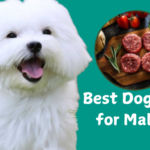
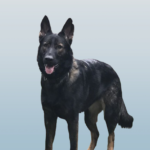

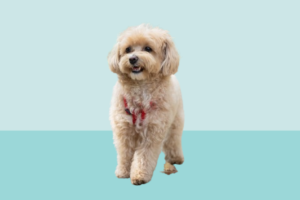
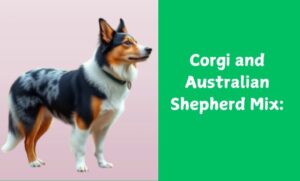



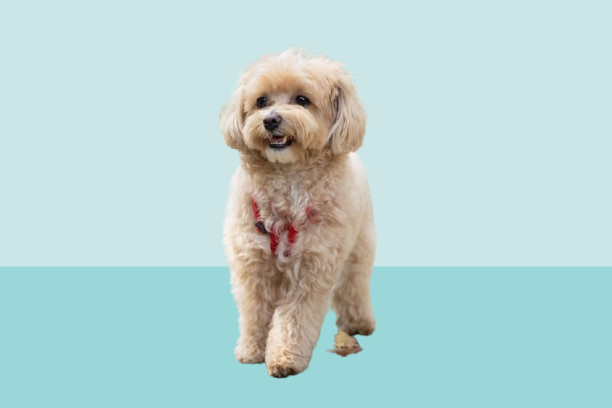



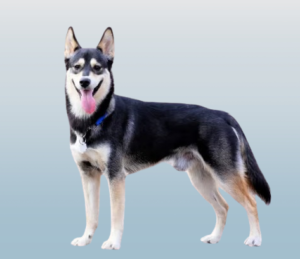
Heya i抦 for the first time here. I found this board and I to find It really useful & it helped me out much. I’m hoping to give one thing back and help others such as you aided me.
I抳e been exploring for a little bit for any high-quality articles or blog posts on this kind of space . Exploring in Yahoo I at last stumbled upon this site. Studying this information So i抦 satisfied to convey that I’ve a very good uncanny feeling I found out just what I needed. I such a lot no doubt will make sure to don抰 put out of your mind this web site and provides it a look on a constant basis.